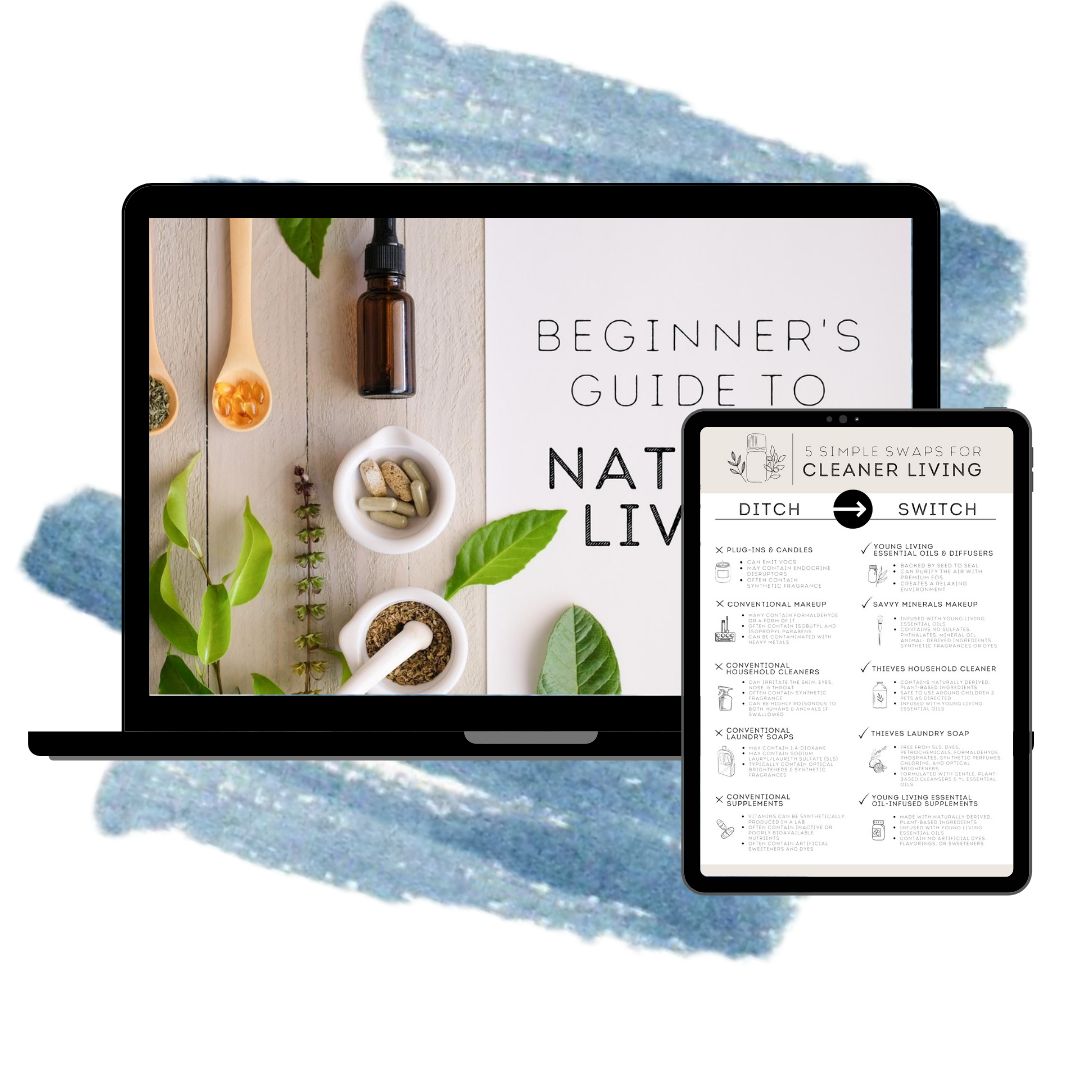
Say what? Don’t you know how to spell?
Ok, so Fragrance itself is technically one word, but I would argue the word is so bad it should be treated as a FOUR LETTER WORD. And here is why!
Fragrance is a nice way of saying “Toxin” and marketers would never say “Toxin” is an ingredient ….so they use other “nice” words like perfume, parfum, aroma on their labels…..but buyer beware.
FDA Definition
Fragrance is defined by the FDA as a combination of Chemicals that gives each perfume or cologne (including those used in other products) its distinct scent.
Fragrance products are exempt from Food and Drug Administration (FDA) testing, which deepens the frustration for users trying to find out what’s actually in their perfumes.
What is in a Fragrance
Fragrance ingredients may be derived from petroleum or natural raw materials. Companies that manufacture perfume or cologne purchase fragrance mixtures from fragrance houses (companies that specialize in developing fragrances) to develop their own proprietary blends.
More than 95 percent of the chemicals in synthetic fragrances are derived from petrochemicals. These chemicals include: benzene derivatives, aldehydes, phthalates, and a slew of other known toxins that are capable of causing cancer, birth defects, nervous-system disorders and allergies--some of which are cited on the EPA's hazardous waste list.
According to the Environmental Working Group (EWG), the average fragrance product tested contained 14 secret chemicals not listed on the label.
Did you catch that? The company does not have to tell you what CHEMICALS they used to make it smell! So, they just use “Fragrance” on the label! I would bet the house that their ingredients are NOT natural!
Deceptive….yes….but legal….according to the FDA!
Fragrance secrecy is legal due to a giant loophole in the Federal Fair Packaging and Labeling Act of 1973 which requires companies to list cosmetics ingredients on the products' labels….BUT EXPLICITLY exempts “fragrance, reports EWG.
In the U.S., manufacturers can legally hide hundreds of synthetic chemicals in the one word--"fragrance"--without revealing what those ingredients are. It's referred to as a "trade secret" in the industry. But really, it's simply a loophole big enough to drive a fuel truck though. This excuse to not label fragrance ingredients was initiated in an era when the major fragrance houses lobbied to protect their secret formulas made from flowers and oils. But those days are long gone. What the government is protecting now are manufacturers who have a license to poison the American public with more than 3,000 chemicals that are being absorbed, inhaled, and ingested daily.
What type of Product is “fragrance used in”?
This amount of products that contain the ingredient ”fragrance” is mind-numbing! This list is not exhaustive, but will give you an idea of just how extensive this toxin can be found in:
- Perfume
- Cologne
- Conditioners
- Shampoos
- Body Wash
- Moisturizers
- Laundry Products
- Household cleaners
- Air fresheners
- Candles
- Sunscreen
- Soaps
- Deodorants
- Dryer Sheets
- Fabric Softeners
- Cosmetics
- Facial Cream
- Skin Toner
- Serums
- Exfoliating scrubs
And what do they all have in common? They touch your body in some fashion and are absorbed in your bloodstream!
Children are exposed to fragrance chemicals primarily through direct skin contact and through the inhalation of some compounds (volatile organic compounds or VOCs) that readily evaporate from the scented product into the air.
What is the potential Health Impact?
- Exposure to fragrance chemicals can cause:
- Headaches
- Eye, nose, and throat irritation
- Nausea
- Forgetfulness
- Loss of coordination
- Respiratory symptoms
- Neurotoxic symptoms
- Many fragrance ingredients are:
- Respiratory Irritants and sensitizers
- Trigger asthma attacks
- Aggravate sinus conditions
- Fragrance chemicals are the number one cause of allergic reactions to cosmetics – not only by the primary users but also to those who breathe in the chemicals as secondhand users.
- Phthalates in fragrances are known to disrupt hormones and are linked in animal studies to malformations of the penis, as well as adverse effects on the developing testes.
So what can you do to protect yourself?
Well, to start with,
- READ THE LABEL on the product! If it contains the word “Fragrance, or Blue #8 then it most likely contains toxins!
2. Secondly, Don’t be fooled by products labeled with “natural fragrance,” because there are no standard criteria for what these words mean. These can be just as unsafe as fragrances not described this way, so skip these products too.
3. If you see the words “fragrance-free” or “unscented”, your Spidey senses should kick into action. You also have to check the ingredient list, because sometimes manufacturers use masking fragrances to cover the chemical smell of their products.
4. USE YOUNG LIVING PRODUCTS! Any Young Living Product does not contain any “fragrances” or “Phthalates”. They are from plants for God’s sake! Young Living products take the smell of the plant, with no synthetics added.
SUMMARY
I hope I have given you enough information and knowledge to make the best choice for you and your family. Education and Knowledge is power and that is why I wrote this blog….so you can see for yourself the dangers of “fragrance”!
Remember the phrase “ Buyer Beware”. Now you are armed!
References used for this blog article:
https://www.forceofnatureclean.com/truth-about-toxic-fragrances/
https://cehn.org/our-work/eco-healthy-child-care/ehcc-faqs/fragrances/
https://www.huffpost.com/entry/five-mustknows-on-the-dan_b_4737654
https://www.healthline.com/health/perfume-poisoning
https://www.fda.gov/cosmetics/cosmetics-labeling/trade-secret-ingredients


















0 Comments